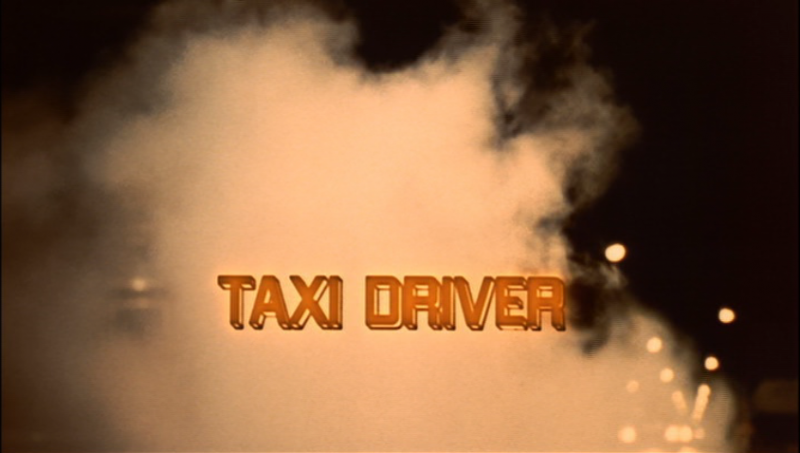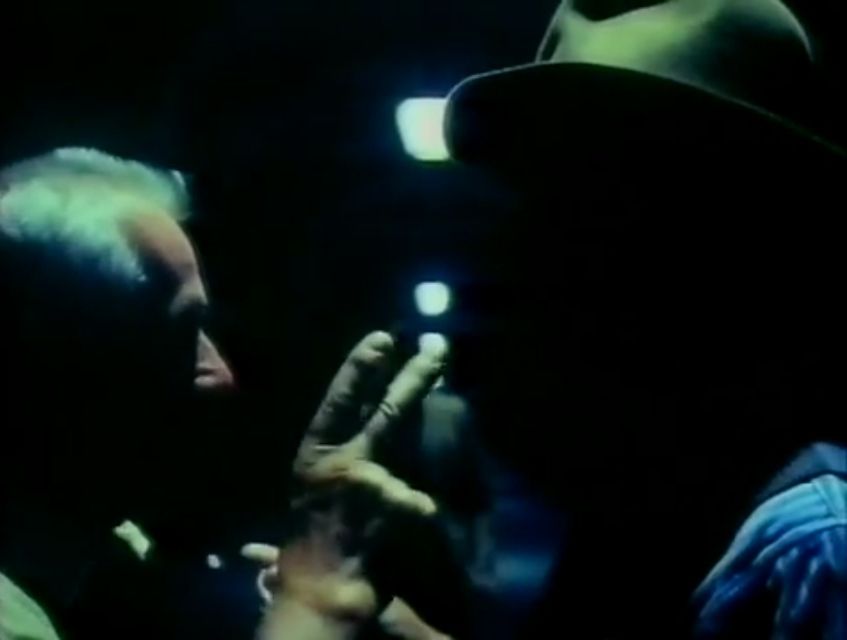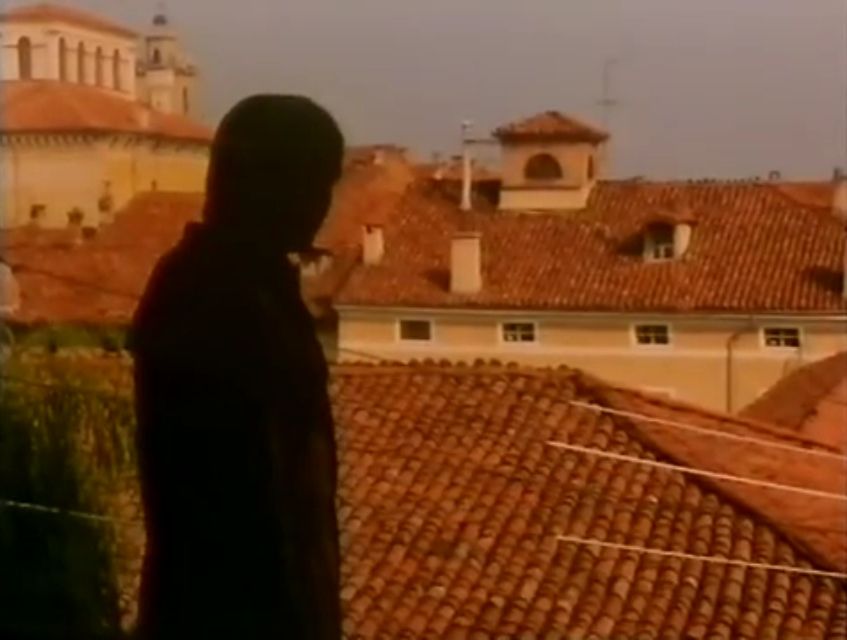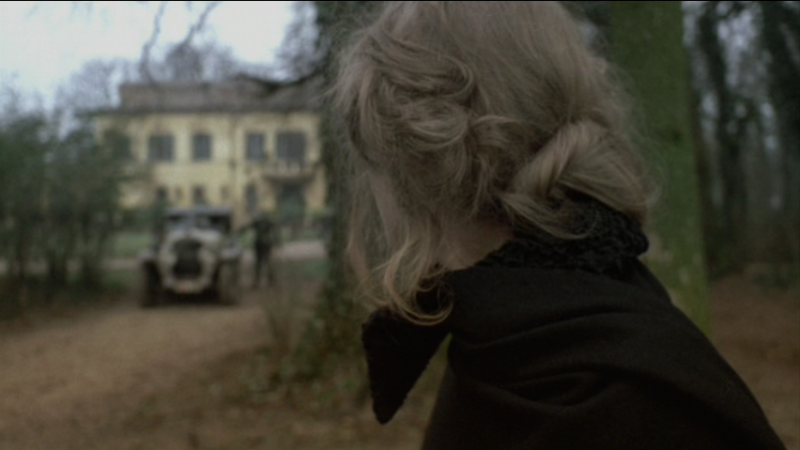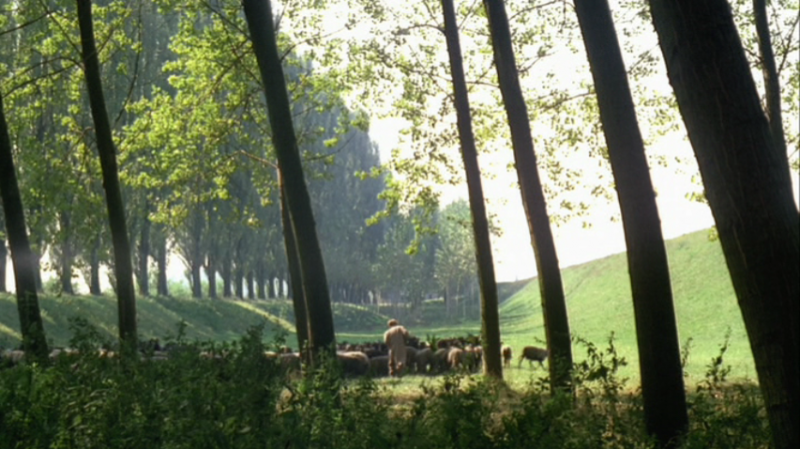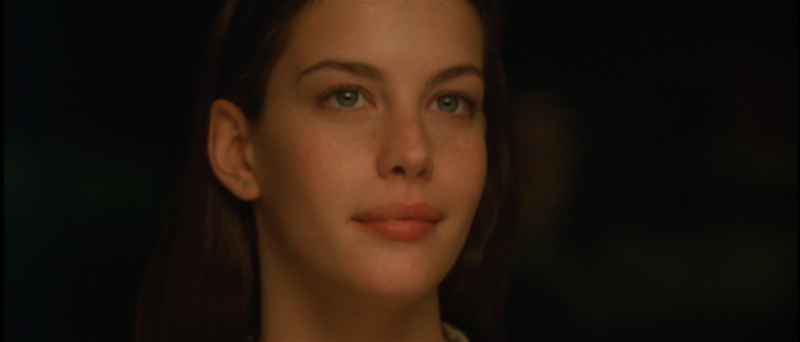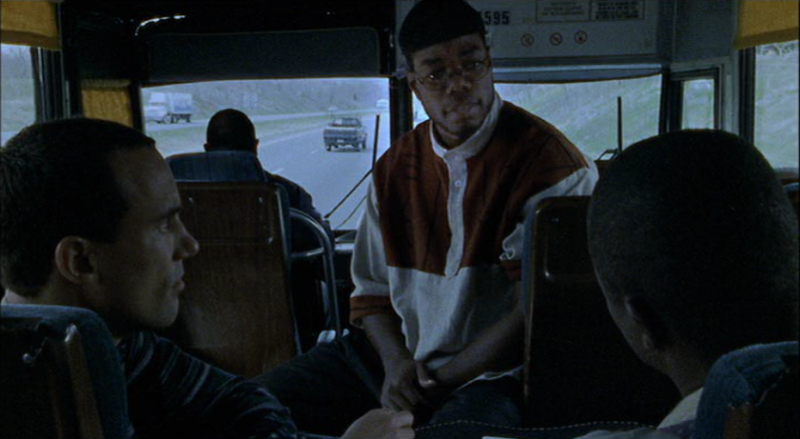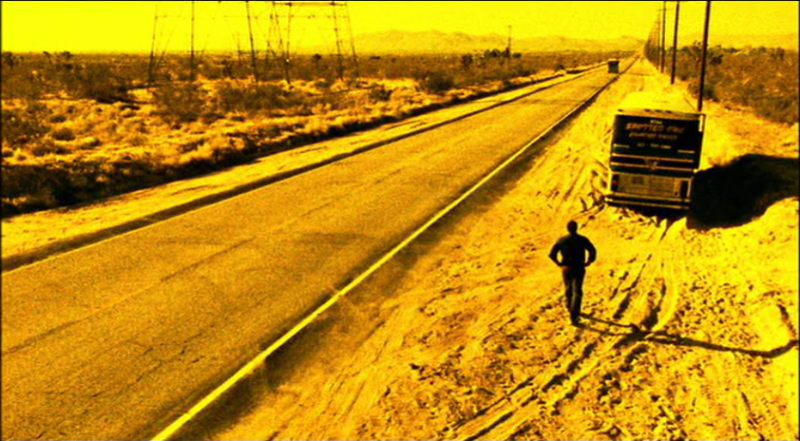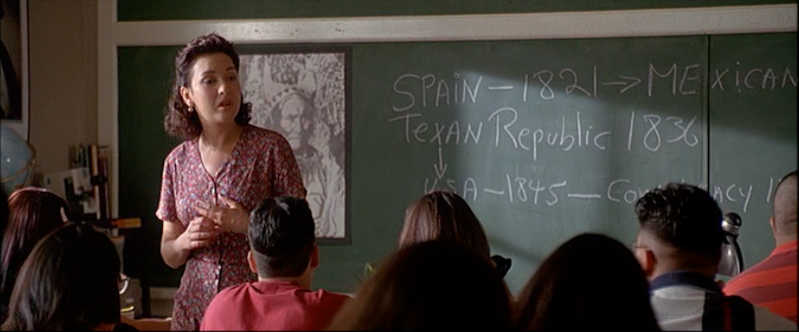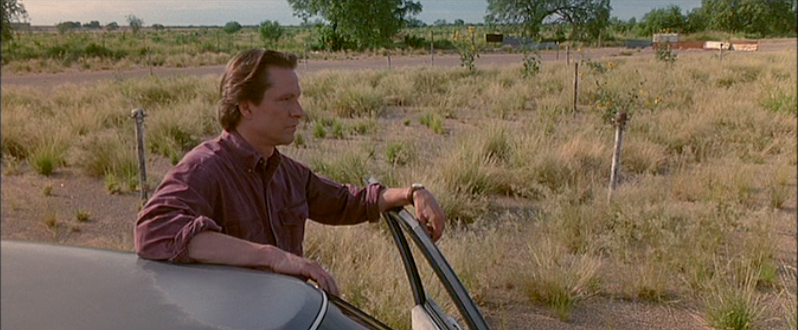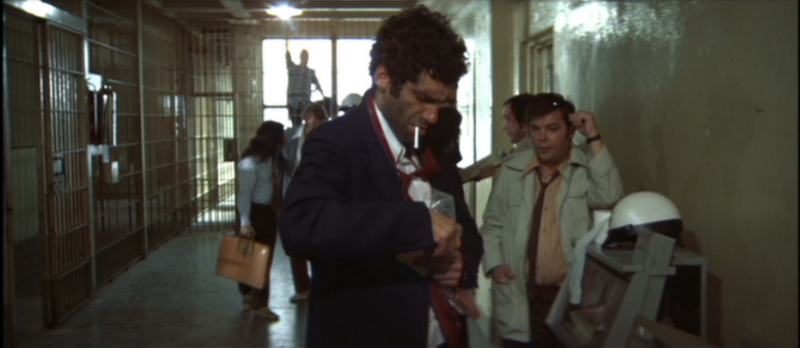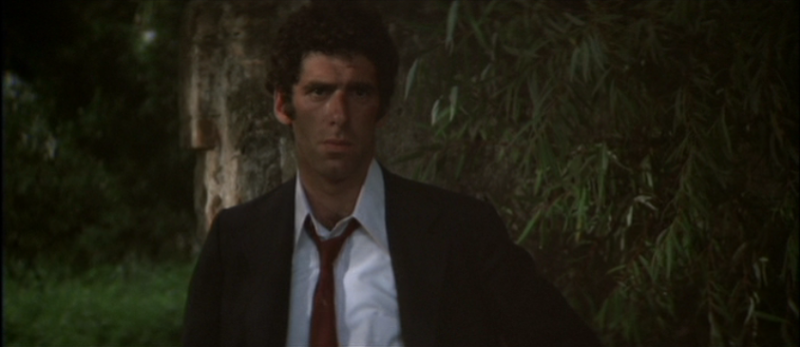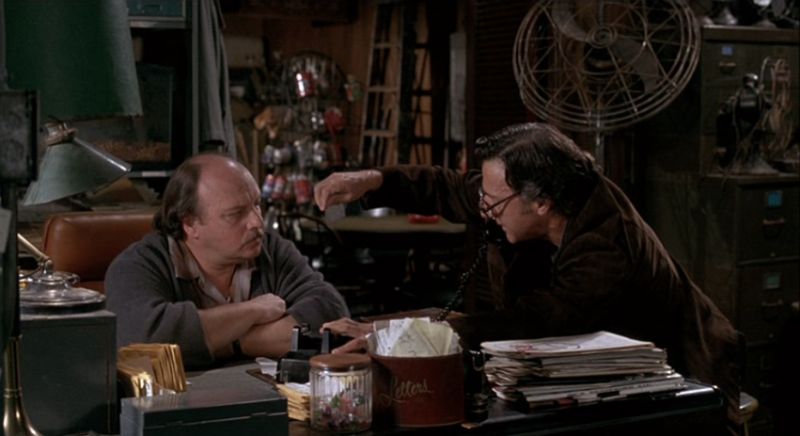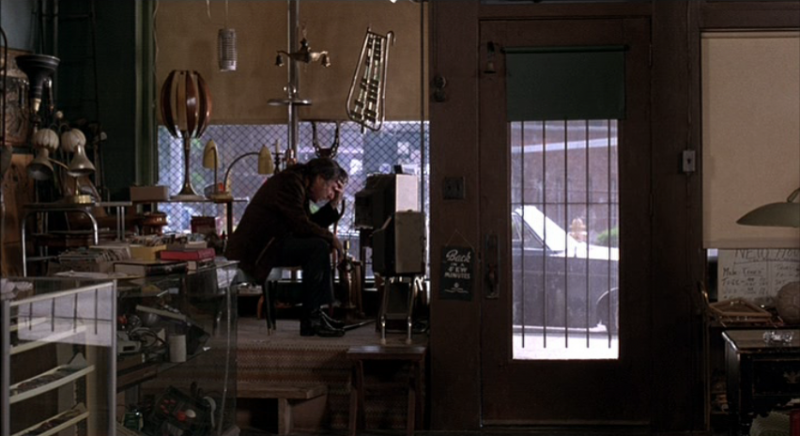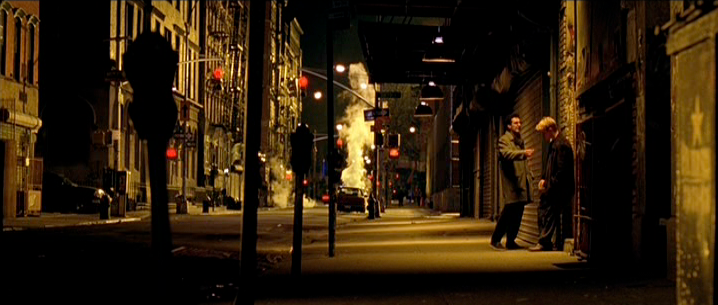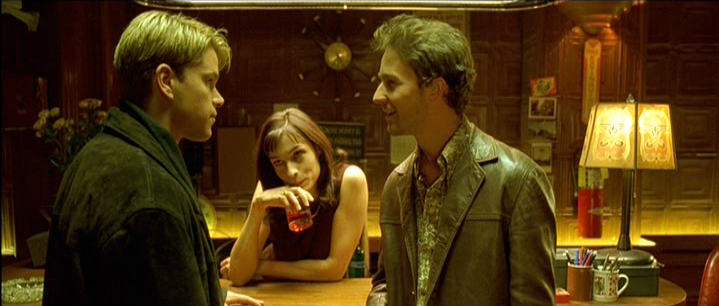 |
| Nightmare Alley (Edmund Goulding, 1947) |
Best of August 2015
1. Nightmare Alley (Edmund Goulding, 1947)
2. Body and Soul (Robert Rossen, 1947)
3. Mission: Impossible - Rogue Nation (Christopher McQuarrie, 2015)
4. The Hitch-Hiker (Ida Lupino, 1953)
5. Gone in 60 Seconds (Dominic Sena, 2000)
6. Gilda (Charles Vidor, 1946)
7. Spartan (David Mamet, 2004)
8. Kansas City Confidential (Phil Karlson, 1952)
9. Shooter (Antoine Fuqua, 2007)
10. Boomerang! (Elia Kazan, 1947)
Favorite Rewatches of August 2015
Double Indemnity (Billy Wilder, 1944)
The Seventh Victim (Mark Robson, 1943)
T-Men (Anthony Mann, 1947)
The Way of the Gun (Christopher McQuarrie, 2000)
Films watched in August: 24
Rewatches in August: 5
Total tally for 2015: 177
(I'm borrowing this format idea from Curtsies and Hand Grenades.)







